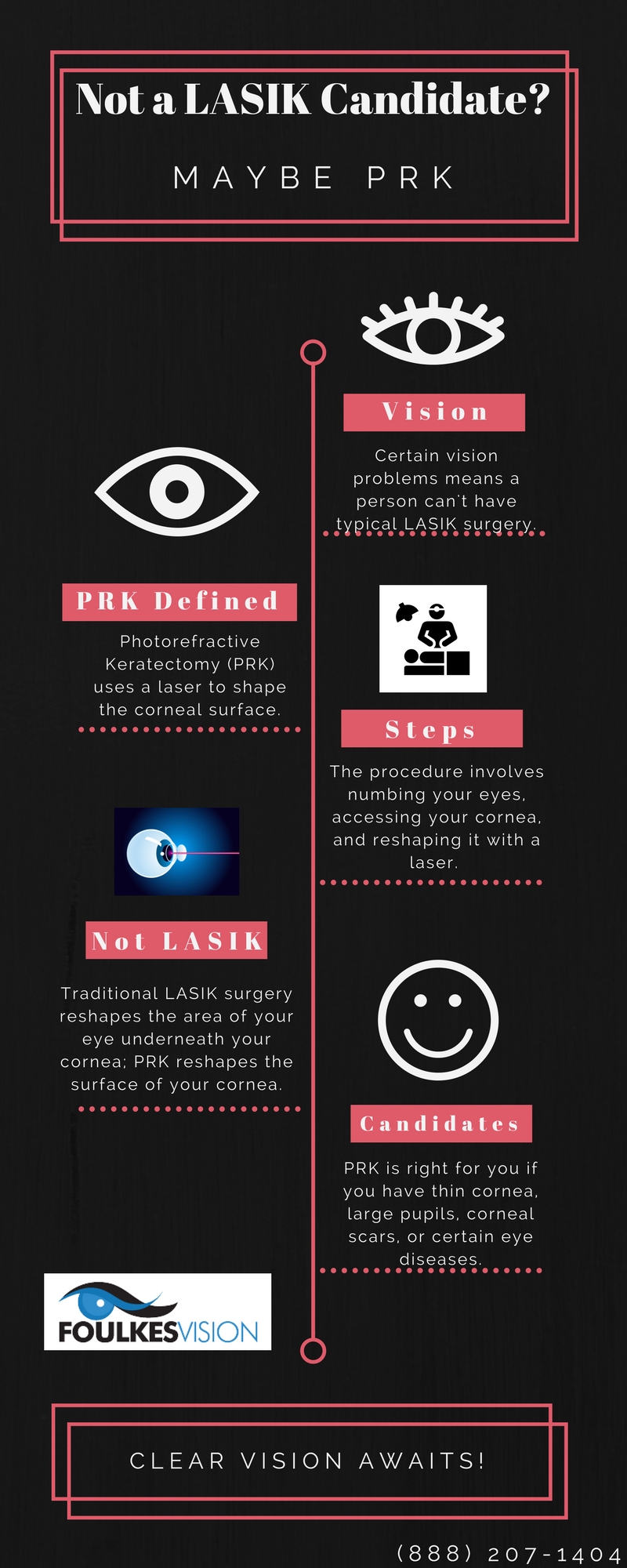Is SMILE Eye Surgical Treatment Ideal For You? Key Insights And Considerations To Assess
Is SMILE Eye Surgical Treatment Ideal For You? Key Insights And Considerations To Assess
Blog Article
Content Create By-Clay Dalrymple
If you're contemplating SMILE eye surgical treatment, consider this: are you prepared to accept prospective aesthetic liberty, or does the idea of any kind of dangers make you hesitate? Your decision will rest on a cautious balance of weighing the advantages versus the uncertainties. visit their website to delve much deeper into the nuances of SMILE surgical procedure to make an informed option that straightens with your aesthetic goals.
Recognizing SMILE Eye Surgery
When considering SMILE Eye Surgical procedure, it is very important to understand the treatment and its advantages. SMILE, which stands for Small Laceration Lenticule Removal, is a minimally invasive laser eye surgical procedure that deals with typical vision issues like nearsightedness (nearsightedness).
During the procedure, your eye doctor will certainly use a femtosecond laser to create a tiny laceration in your cornea. Through this laceration, a tiny disc of tissue called a lenticule is removed, improving the cornea and correcting your vision.
One of the crucial benefits of SMILE Eye Surgery is its fast recuperation time. Several people experience improved vision within a day or 2 after the treatment, with marginal discomfort.
Furthermore, SMILE is recognized for its high success price in giving long-term vision correction. Unlike LASIK, SMILE does not require the development of a flap in the cornea, lowering the risk of complications and allowing for a more stable corneal structure post-surgery.
Understanding the procedure and its advantages is vital when considering SMILE Eye Surgical procedure for vision modification.
Advantages and disadvantages of SMILE
Taking Into Consideration SMILE Eye Surgical treatment for vision adjustment includes various advantages and prospective downsides.
Among the main pros of SMILE is its minimally invasive nature, as it involves a small cut and commonly causes quick recovery times. The treatment is also known for causing marginal pain and completely dry eye symptoms post-surgery compared to other vision correction methods. Additionally, SMILE has been revealed to give exceptional aesthetic outcomes, with several people accomplishing 20/20 vision or much better.
On the other hand, a prospective disadvantage of SMILE is that it may not be suitable for people with severe refractive mistakes, as the treatment array is somewhat minimal compared to LASIK. An additional factor to consider is that the knowing curve for cosmetic surgeons carrying out SMILE can affect the accessibility of experienced suppliers in certain locations.
It is necessary to evaluate these advantages and disadvantages carefully when choosing if SMILE is the right choice for your vision modification demands.
Establishing Eligibility for SMILE
To determine if you're eligible for SMILE eye surgery, your optometrist will certainly perform a thorough analysis of your eye health and wellness and vision needs. Throughout https://blogfreely.net/newton04jennefer/is-laser-vision-adjustment-right-for-you-examining-candidacy-factors , factors such as the stability of your vision prescription, the density of your cornea, and the general health and wellness of your eyes will certainly be evaluated.
Normally, candidates for SMILE are over 22 years of ages, have a steady vision prescription for a minimum of a year, and have healthy corneas without conditions like keratoconus.
Your optometrist will additionally consider your general eye health and wellness, any type of existing eye conditions, and your way of life requires to establish if SMILE is the right choice for you. It's important to communicate any type of details visual demands or issues you might have during this examination to ensure that the therapy lines up with your assumptions.
If you aren't eligible for SMILE, your eye doctor might advise alternative vision adjustment options that much better fit your individual requirements and eye health and wellness standing.
Verdict
Inevitably, choosing whether SMILE eye surgical treatment is right for you needs careful consideration of your private eye wellness and visual demands. Talk to your ophthalmologist to identify your qualification for the treatment and consider the potential advantages and downsides. Keep in mind to communicate any kind of problems or questions you might have throughout the analysis process to make an informed decision concerning your vision improvement alternatives.
